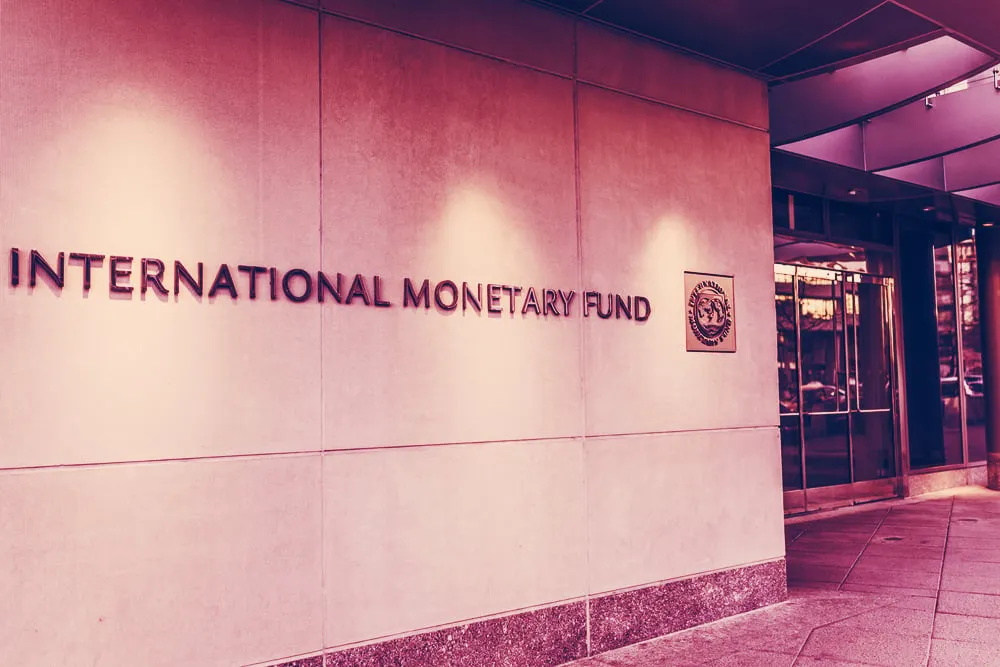In brief
- IMF praises Russia for quantitative easing and financial stimulus measures.
- These measures may lead to inflation and the devaluation of fiat currencies.
- More people could turn to cryptocurrencies as a hedge against inflation.
“Spend as much as you can and then spend a little bit more,” was the message given last night by the International Monetary Fund’s Managing Director, Kristalina Georgieva, at Russia’s annual Gaidar economic forum.
One of the central topics at the forum, as with everywhere else, was the effects of the pandemic on economies worldwide. Georgieva praised Russia for its COVID-19 response, chalking the country’s quick recovery up to quantitative easing measures by its central bank, and to the $54.3 billion stimulus package from the Kremlin.
Speaking to the rest of the world, Georgieva said: “In terms of policies for right now, very unusual for the IMF, starting in March I would go out and I would say: ‘please spend.’”
It is sage advice for a global economy calibrated by fiat money, though consumers could take the biggest hits. Inflation is likely to go up as more printed money drives demand for goods and services higher.
Many investors think that cryptocurrencies offer a hedge against inflation. The theory goes that printing more money devalues fiat currencies, as seen in the Fed’s pandemic response last year, when a massive printing of dollars brought the price of the American currency down.
Unlike fiat money, some cryptocurrencies such as Bitcoin have their supply determined algorithmically, meaning they remain outside the market fluctuations of fiat currencies like the sterling and the dollar.
Crypto enjoyed the spotlight throughout 2020 with market leader Bitcoin quickly recovering from the mid-March market crash before picking up the pace to flip its price from four to five digits on 27 July. It gradually jogged on all summer before breaking out into a historic bull run in the last quarter of the year, when prices more than trebled from $10,500 on 3 October to $33,000 by the second day of 2020, continuing on to hit highs of just over $41,000.
With governments across the world focusing their attention on rolling out vaccines and stimulating their economies, it will be interesting to see how the crypto economy will react.
Daily Debrief Newsletter
Start every day with the top news stories right now, plus original features, a podcast, videos and more.

